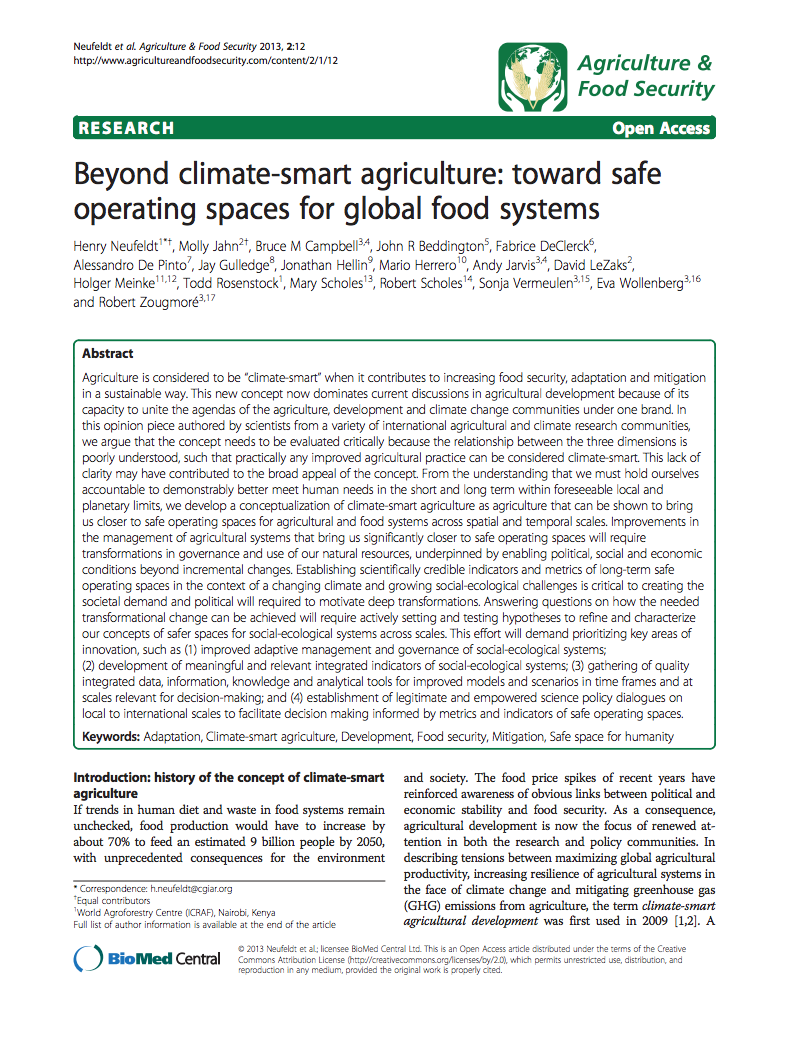Bio-reclamation – Converting degraded lateritic soils into productive land
Not only has soil degradation in Niger been halted thanks to an integrated approach combining water harvesting technologies, the application of organic residues and planting of fruit trees and vegetables. The strategy has also enabled increases in farmers’ income as well as an active involvement of the country’s largely marginalised women in food production through their gaining access to land.






